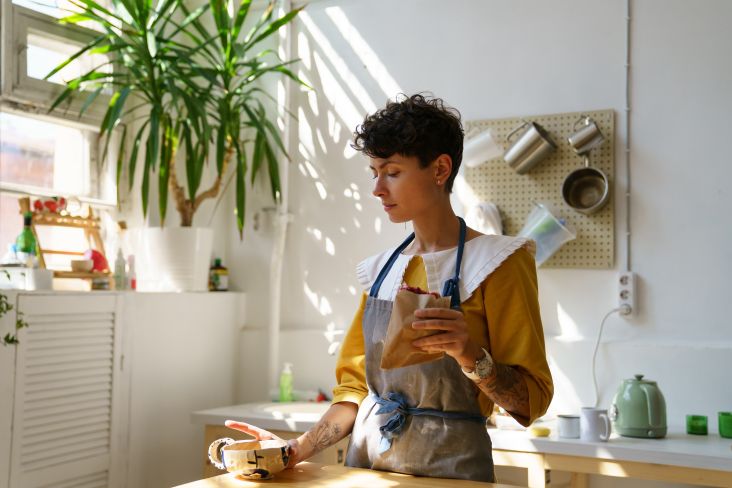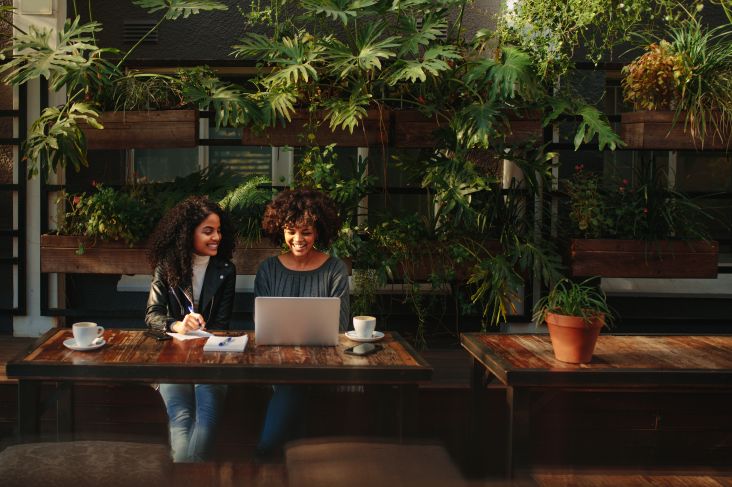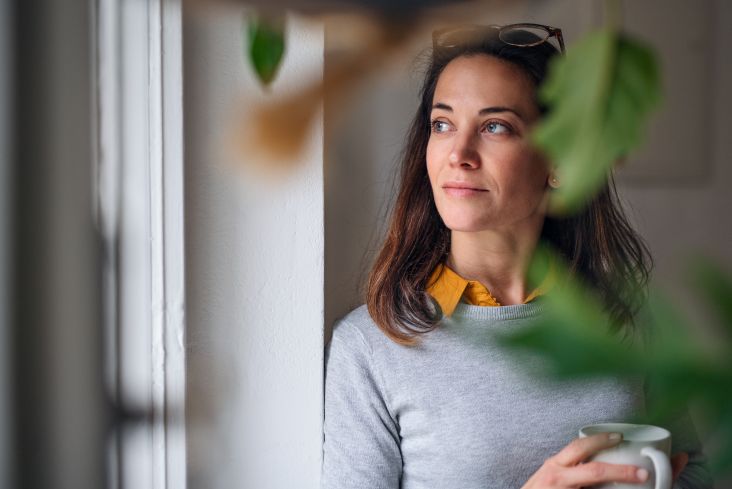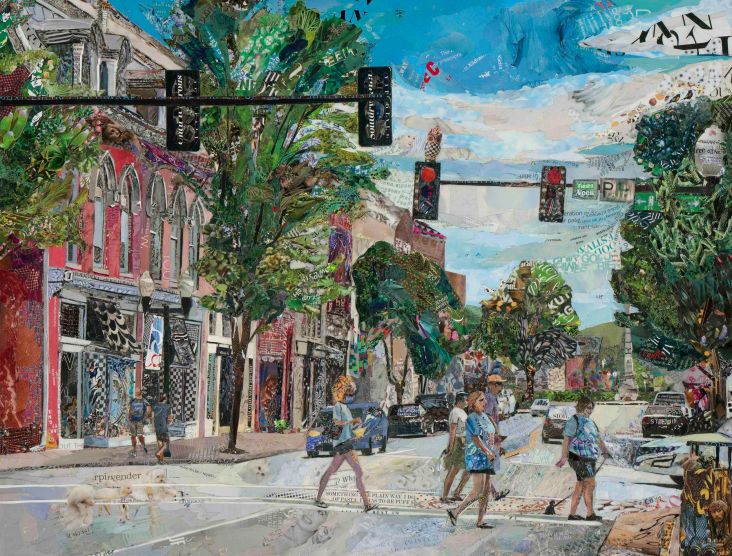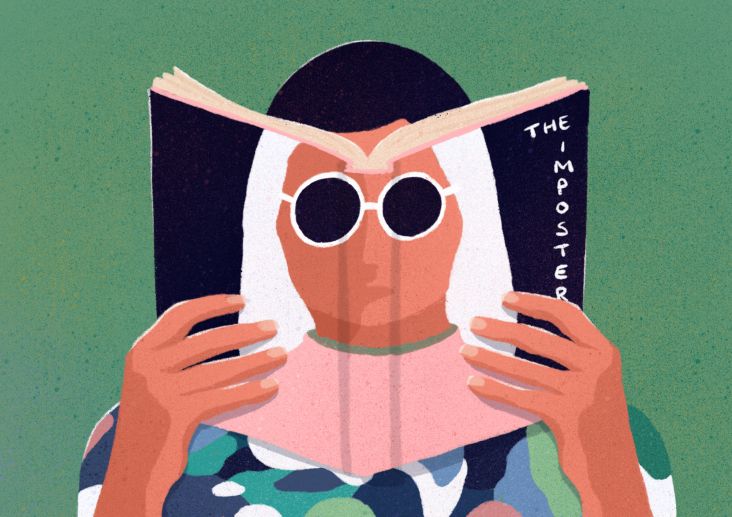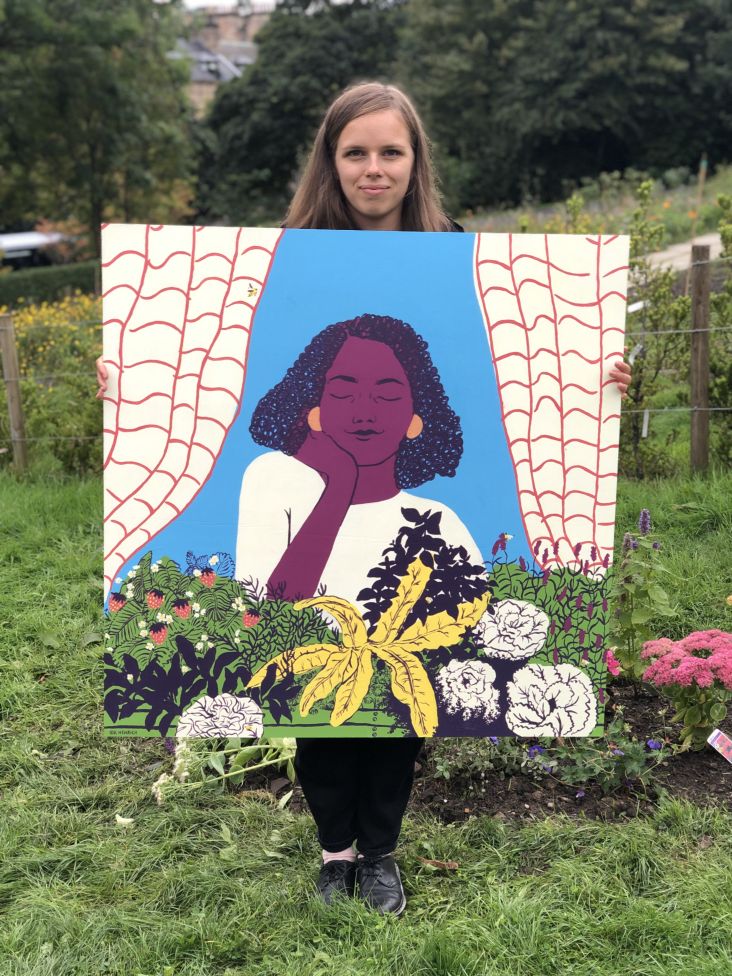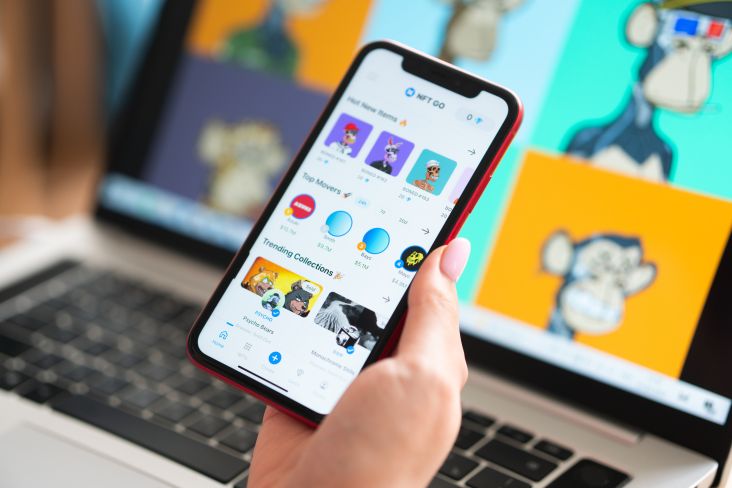How the creative industry can return to 'normal' after enduring a global pandemic
Back in the early days of the pandemic, one phrase you heard a lot was: "When this is all over…" But what exactly does "over" mean?
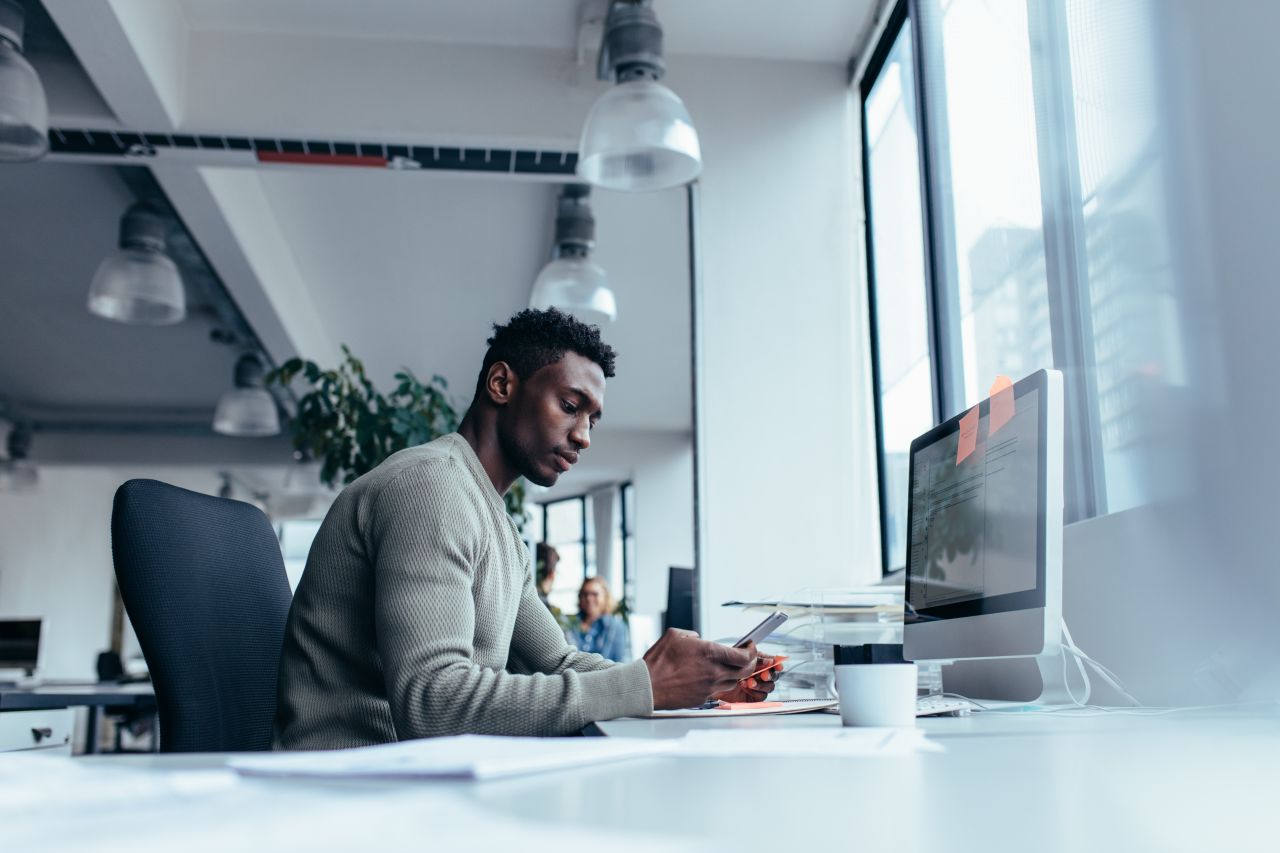
Image licensed via Adobe Stock
Lockdown restrictions were never going to stay in place forever. But anyone who imagined Covid-19 would magically disappear (and be as irrelevant the Millenium Bug had become in 2001) was indulging in an understandable, but naive form of wishful thinking.
Two years on, we are no closer to 'Covid Zero' than we are to 'Flu Zero', 104 years after the Spanish Flu epidemic of 1918. But in the UK, hospital cases are stabilising, as a weaker form of the virus becomes dominant, and vaccines are in the majority of arms.
Whether the return to normal life is happening too soon is debatable. But it undeniably is happening, and it has already happened in most parts of the country.
For much of the workforce, from bus drivers to shop workers, bar staff to police officers, the days of furlough and sheltering at home are already long forgotten. The creative professions, though, have largely moved at a different pace.
Many artists, designers, illustrators, animators and video editors have found continued remote working not only feasible but, in many ways, preferable. As the final vestiges of lockdown laws are scrapped, though, the pressure on employees to return to the studio and freelancers to resume in-person meetings is growing.
Many of us will relish that opportunity. But what if you feel differently?
Well, for starters, let's take a reality check. No one will force you to stop self-isolating if you don't want to. As long as you're working effectively and efficiently via remote working, no sane HR department will want that fight, not this year anyway. (If your experience is different, though, we'd love to hear about it). And if a freelance client throws their toys out of the pram? Well, they probably weren't worth staying with anyway.
But what if you're broadly ready to return to the normal work routine but experiencing anxiety, stress and even fear about it? You certainly wouldn't be alone. So we asked our Twitter followers for their tips on managing the transition and looking after our mental health along the way.
1. Take things at your own pace
The first tip is that you don't have to rush into anything. The shift from self-isolation to physically interacting doesn't have to happen in one fell swoop. So take everything at a pace that suits you, and well, be kind to yourself.
"I'm trying to be self-compassionate as I navigate being anxious in groups again," says illustrator Amy Lauren. "I'm gradually adjusting to being out and about instead of expecting myself to perform to unrealistic standards. Taking things slow helps me appreciate the day-to-day more."
Patrick Gallagher, a freelance 2D designer and animator, currently at CNN, has followed a similar strategy. "I've been switching up my routine by using a co-working space a few days a week," he says. "It helps me break away from the big home setup and just get out and about with my laptop.
"If you don't have a co-working space near you, I think a coffee shop, full of regulars you could get to know, would also do the trick," he adds. "The simple thing of being back with others is such a boost. On my first day, the space was a bit empty except for their admin staff, but I appreciated even just speaking to them."
2. Pay attention to your mental health
Even if you're gung-ho about ending your self-isolation, you may experience mental health challenges you weren't expecting. So now more than ever, it's important to pay attention to how you're feeling, acknowledge your emotions, and take steps to deal with them.
Specific techniques and activities can help, although these will vary from person to person. "Drawing a few times every day has really helped my mental health lately," says graphic designer and illustrator Iancu Barbărasă. "I carry a pocket sketchbook with me everywhere and draw either what I see or from photos I take. I've also found it helpful to use the app Freedom to limit access to news and social media for most of the day."
For author, artist and social entrepreneur Anna B Sexton, meanwhile, it's been about: "Loads of naps and keeping things simple. Booking in less work versus getting scared and overworking, when that's not helping my mental health. Meditation helps too."
Anthony Galasso, a creative strategist at Again Interactive, has found self-auditing useful. "I've been doing a lot of contemplation recently, across various topics," he says. "I'm asking myself if I'm happy with who I am, where I am, what I'm doing, etc." For more advice on mental health techniques, read our article Be Kind to Your Mind.
3. Pay attention to your physical health
Mental and physical health can't, of course, be treated in isolation. And so, looking after your physical health is key to coping with any mental health challenges you're facing right now.
"For me, it's all about balance," says artist and illustrator Carina Lindmeier. "Physical activities on a regular basis keep me both mentally and physically fit, so things don't get too overwhelming with having FOMO or things like that. I also think it's important to block out 'me-time' in my calendar, so I have enough time for the things that keep me sane."
Artist Jarvis Brookfield tells a similar story. "One thing that has helped me a lot is establishing a consistent physical exercise routine," he says. "I've gotten stronger and feel that my body looks better, which has increased my sense of confidence. So exercise has been a big help for me over the last 18 months for sure."
4. Reframe what 'normal' is to you
One of the most stressful things about ending self-isolation is the somewhat disorientating notion that things are going "back to normal". In truth, life in 2022 is still very different from what it was two-and-a-bit years ago, and it's important to acknowledge that, believes graphic designer and illustrator Jane Bowyer.
"I am no longer chasing the idea of the person I was at the start of 2020," she says. "Instead of looking back, I'm trying to move forward, carrying the weight of the experiences I've had over the last two years to the next stage of my career and life.
"One piece of advice I've followed is to ask yourself: how do you want to feel?" she continues. "Do you want to feel confident, inspired, like a part of a community again? And then set yourself a bite-size, realistic goal to help take the pressure off and stop you from overloading your plate. For example, you might say, 'I want to feel inspired to make work for myself'. So a realistic goal for you might be to visit an exhibition that's opening next month."
Freelance PR consultant Carolyn Hughes offers a similar take. "It's still hard to say what the new 'normal' is and will be," she says. "I'm certainly not out and about as much as pre-pandemic with most meetings taking place online now. While this is actually more time-efficient, it is hard to physically be alone for much of my working time."
In terms of mental health, she's found connecting with fellow freelancers and friends has been important. "They understand the challenges of what you do and your working life," she says. "Taking a break and meeting for a half-hour chat and a brew does you good."
5. Talk openly as an organisation
So far, we've focused on tips for employees or freelancers in the creative industries. But if you're a manager or agency owner, Elliott Rylands, a senior product designer based in London, has some advice for you too.
"'Back to normal' is something we hear a lot," he says. "To many, these words offer great comfort and fill us with relief that we can return to our pre-Covid lives from a social and a business perspective. Rightly so. Carrying a mental health disorder for a large majority of my life, I understand the complexities that following the ever-moving goalposts of the 'stay at home/go to work' guidelines can bring.
"While traversing mental health obstructions throughout my career has been no picnic, I've been fortunate enough to work with many folks that suffer in the same way and found some effective methods to combat the barriers my brain attempts to place on my path," he adds. "These have been especially helpful during the pandemic.
"Transparency with my peers has been helpful for my team. We've brought the conversation of mental health to the table. As a senior designer, I feel it's important we try to incorporate these conversations about any form of discomfort, be it mental health or otherwise, in our day-to-day. It's unified my team in so many ways."




 by Tüpokompanii](https://www.creativeboom.com/upload/articles/58/58684538770fb5b428dc1882f7a732f153500153_732.jpg)


 using <a href="https://www.ohnotype.co/fonts/obviously" target="_blank">Obviously</a> by Oh No Type Co., Art Director, Brand & Creative—Spotify](https://www.creativeboom.com/upload/articles/6e/6ed31eddc26fa563f213fc76d6993dab9231ffe4_732.jpg)








